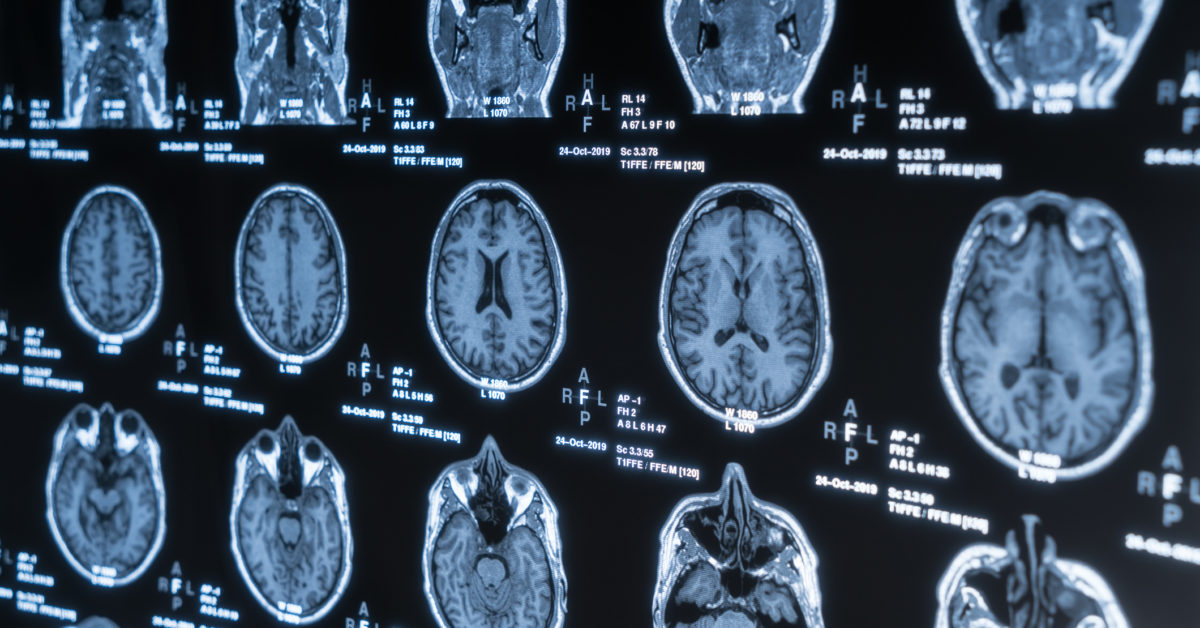Researchers in Japan have identified lower levels of a critical lipid in the brains of people with schizophrenia, which could lead to new treatments for the brain disorder.

Schizophrenia is a mental illness that can profoundly change an individual’s perception of reality. An estimated 2.4 million adults in the United States live with schizophrenia, which can cause symptoms such as hearing voices, struggling to organize thoughts, and having visual hallucinations and delusions.
Although society is starting to discuss mental health more openly, thanks to initiatives such as Mental Health Month, there is still a great deal of stigma around schizophrenia.
Living with schizophrenia can also be extremely challenging. Treatment options are limited, and antipsychotics, which are the standard first-line treatment, are ineffective in many patients.
Antipsychotic drugs may also have unpleasant side effects, including considerable weight gain, tiredness, and restless muscles. One study even linked first generation antipsychotic drugs to the loss of brain tissue in people with schizophrenia.
However, a new study from the RIKEN Center for Brain Science (CBS) in Japan could open up a different avenue for drug development — one that relates to changes in lipid metabolism.
The study findings feature in the journal Schizophrenia Bulletin.
The study focuses on white matter, the part of the brain comprising axons that carry nerve impulses between neurons. Research has identified a reduction in white matter in people with schizophrenia.
White matter gets its name from its light color, which is due to the lipid-dense myelin sheaths that surround axons, facilitating the rapid conduction of nerve impulses. Loss of myelin is associated with a number of neurological conditions, most notably multiple sclerosis.
Fatty molecules called sphingolipids are important in the formation of myelin, and previous studies have shown differences in the levels of these molecules in people with schizophrenia. However, many questions remain unanswered.
To look at the connection between sphingolipids and schizophrenia in more detail, the researchers behind the new study analyzed the levels of these molecules in the postmortem brain tissue of 15 people with schizophrenia. They carried out the same anal

